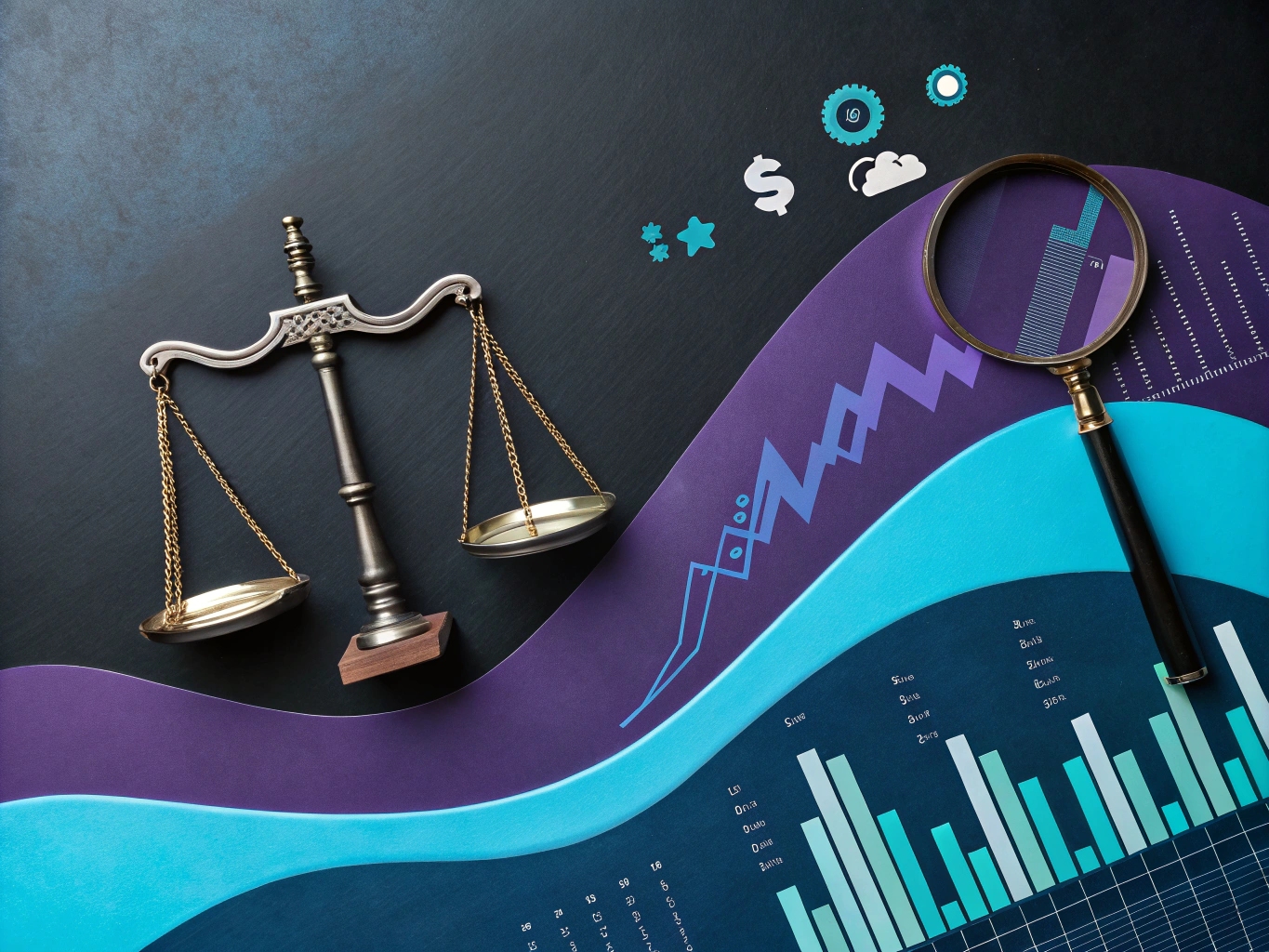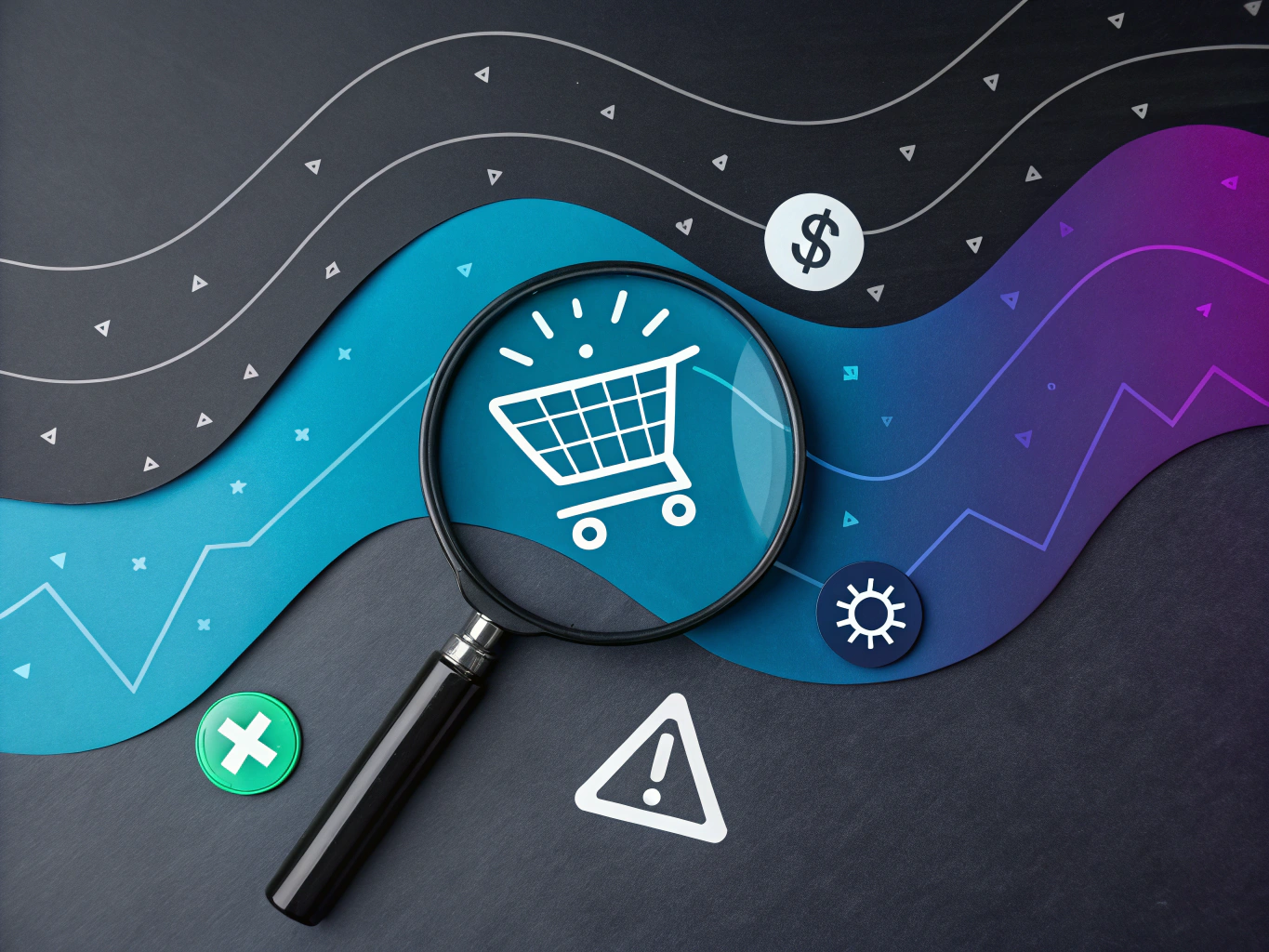If you’re considering launching an online business or already running one, you’ve likely encountered Shopify as a potential e-commerce solution. With over 4 million active stores worldwide, Shopify has emerged as a dominant force in digital retail.
Yet, the critical question remains: is Shopify legit? This comprehensive analysis delves deep into the platform’s credibility, examining both its strengths and potential concerns for merchants and consumers alike.

Understanding Shopify as a Platform
Shopify began its journey in 2006 when founders Tobias Lütke, Daniel Weinand, and Scott Lake attempted to open an online snowboarding equipment store. Frustrated by the limitations of existing e-commerce solutions, they created their own platform, which eventually became Shopify. Today, the company stands as a publicly-traded entity on both the New York Stock Exchange and Toronto Stock Exchange, with a market capitalization exceeding $70 billion.
The platform’s legitimacy is reinforced by its impressive statistics. Shopify powers businesses in 175 countries, processing over $200 billion in total sales annually. Major brands like Pepsi, Unilever, and Kraft Heinz trust Shopify for their e-commerce operations, alongside countless small and medium-sized businesses.
Platform Security and Compliance
Shopify maintains rigorous security standards, including Level 1 PCI DSS compliance – the highest level of certification for payment card security. The platform employs 256-bit SSL encryption for all transactions and regularly undergoes third-party security audits.
These measures demonstrate Shopify’s commitment to protecting both merchants and customers.
The Dual Nature of Shopify’s Legitimacy
 is shopify legit“/>
is shopify legit“/>Platform vs Individual Stores
Understanding Shopify’s legitimacy requires distinguishing between the platform itself and individual stores hosted on it. While Shopify provides secure, reliable infrastructure, the legitimacy of individual stores varies significantly.
Think of Shopify like a shopping mall – while the building itself is legitimate and well-maintained, the quality and reliability of individual stores within it can differ dramatically.
The platform implements various security measures to protect users, including:
- Fraud analysis tools to detect suspicious transactions
- Secure payment processing through trusted providers
- Regular security updates and patches
- 24/7 platform monitoring for potential threats
Store Owner Responsibilities
Merchants using Shopify must adhere to specific requirements and responsibilities. These include providing accurate business information, maintaining clear policies, and delivering promised products and services.
However, the platform’s open nature means that not all store owners maintain the same standards of professionalism and reliability.
Common Red Flags in Shopify Stores
When evaluating whether a Shopify store is legitimate, several visual cues can help identify potential risks:
- Generic myshopify.com URLs without custom domains
- Poor quality product images or photos stolen from other websites
- Missing or incomplete “About Us” pages
- Lack of proper contact information
- Unrealistic discounts or pricing structures
Technical Warning Signs
Beyond visual elements, technical aspects can indicate a store’s legitimacy:
- Missing SSL certificates or security warnings
- Inconsistent payment gateway implementations
- Suspicious order tracking systems
- Slow loading times or frequent technical errors
User Experience Analysis

Success Stories and Positive Experiences
Many legitimate businesses thrive on Shopify. For instance, Gymshark grew from a small screen-printing operation to a billion-dollar fitness apparel brand using the platform. Allbirds, the sustainable footwear company, built its entire direct-to-consumer business on Shopify before reaching a $1.4 billion valuation.
Successful merchants often cite several key advantages:
- User-friendly interface requiring minimal technical expertise
- Robust app ecosystem for store customization
- Reliable hosting and uptime
- Integrated payment processing and shipping solutions
Common Complaints and Challenges
Despite its strengths, users have reported various challenges with the platform. Customer support issues frequently top the list, with some users experiencing delayed responses or difficulty resolving complex problems. Additional concerns include:
- Transaction fees eating into profit margins
- Required app purchases for essential functionality
- Limited customization options in basic themes
- Complex pricing structure with various add-on costs
Security Measures and Fraud Prevention
Platform-Level Protection
Shopify’s security infrastructure includes multiple layers of protection:
- Regular security patches and updates
- DDoS protection
- Automated backup systems
- Advanced fraud detection algorithms
The platform maintains dedicated security teams monitoring for potential threats and vulnerabilities. This proactive approach helps protect both merchants and customers from various cyber threats.
Store-Level Verification
Individual stores must complete several verification steps before accepting payments:
- Business owner identity verification
- Valid payment processing credentials
- Compliance with local business regulations
- Agreement to platform terms of service
These measures help establish basic legitimacy, though they don’t guarantee perfect security or reliability for every store.
The Dual Nature of Shopify’s Legitimacy
When evaluating whether Shopify is legit, it’s crucial to distinguish between the platform itself and the individual stores operating within it. Shopify functions as a robust e-commerce infrastructure provider, powering over 4 million stores worldwide.
The platform maintains strict security protocols, regulatory compliance, and sophisticated payment processing systems that meet international standards.
Platform vs Individual Stores
Shopify’s core platform demonstrates legitimacy through multiple layers of verification and security measures. The company processes billions of dollars in transactions annually, employs enterprise-grade encryption, and maintains PCI DSS Level 1 compliance for payment processing. These fundamental security measures protect both merchants and customers during transactions.
However, individual store legitimacy varies significantly. While Shopify provides the technical framework, store owners maintain responsibility for their business practices. This distinction explains why you might encounter both highly reputable businesses and potentially fraudulent operations using the same platform.
Store Owner Responsibilities
Merchants using Shopify must comply with specific requirements to maintain their store’s legitimacy. These include accurate business registration, proper tax documentation, and adherence to Shopify’s terms of service. Store owners must also maintain transparent pricing, honest product descriptions, and clear shipping policies.
Key merchant obligations include:
- Providing accurate business information
- Maintaining clear return and refund policies
- Delivering products as described
- Responding to customer inquiries promptly
- Following local and international commerce laws
Common Red Flags in Shopify Stores
Visual Indicators
Learning to identify suspicious Shopify stores helps protect your interests when shopping online. Several visual cues often indicate potentially fraudulent operations.
Watch for stores using default Shopify themes without customization, lacking professional branding, or displaying poorly written content.
Be particularly wary of:
- Generic myshopify.com URLs without custom domains
- Missing or incomplete “About Us” pages
- Absence of social media presence
- Unrealistic pricing structures
- Stock photos used without modification
Technical Warning Signs
Technical indicators can reveal potential issues with Shopify stores. Check for proper SSL certification, indicated by the padlock symbol in your browser’s address bar.
Legitimate stores typically invest in secure, professional-looking websites with consistent branding and functionality.
User Experience Analysis
Success Stories
Many businesses thrive on Shopify, demonstrating the platform’s legitimate potential. For instance, Gymshark grew from a small startup to a billion-dollar company using Shopify Plus. Similarly, Allbirds built their sustainable footwear empire through the platform, showcasing its capability to support significant business growth.
Successful merchants typically share these characteristics:
- Strong brand identity and consistent messaging
- Professional customer service standards
- Clear shipping and return policies
- Active social media engagement
- Regular website updates and maintenance
Common Complaints
Users have reported various challenges when using Shopify. Common issues include difficulties with customer support response times, unexpected platform limitations, and additional costs for essential features through apps. Some merchants express frustration with transaction fees, particularly when using external payment processors.
Security Measures and Fraud Prevention
Shopify implements comprehensive security measures to protect both merchants and customers. The platform utilizes industry-standard SSL encryption, maintains strict data protection policies, and employs sophisticated fraud detection systems. These measures help prevent unauthorized access and protect sensitive information.
Key security features include:
- 256-bit SSL encryption
- PCI DSS compliance
- Two-factor authentication
- Regular security audits
- Automated fraud analysis
Store-Level Verification
Individual stores must complete various verification processes to maintain legitimacy. These include business registration verification, payment processing validation, and identity confirmation procedures. Shopify also implements address verification systems to prevent fraudulent transactions.
Consumer Protection Guidelines

Before Purchase
Protecting yourself when shopping on Shopify stores requires due diligence. Research the store thoroughly, verify customer reviews on independent platforms, and compare prices across multiple sellers. Pay attention to the store’s age, customer feedback, and social media presence.
Essential pre-purchase checks:
- Verify the store’s physical address
- Check for secure payment options
- Read shipping and return policies
- Search for independent reviews
- Examine product descriptions carefully
After Purchase
Maintain detailed records of all transactions, including order confirmations, shipping information, and communication with sellers. Screenshot important pages and save email correspondence. These documents prove invaluable if disputes arise later.
Dealing with Fraudulent Stores
If you encounter a fraudulent Shopify store, take immediate action to protect yourself. Document all interactions, contact your payment provider, and report the store to Shopify’s fraud team. Time sensitivity matters when dealing with potentially fraudulent transactions.
Follow these steps when reporting fraud:
- Contact your bank or credit card company
- File a report with Shopify
- Document all communication
- Save screenshots and receipts
- Report to consumer protection agencies
Legal Recourse
Understanding your legal rights helps navigate potential disputes. Familiarize yourself with consumer protection laws in your jurisdiction and know the proper channels for filing complaints. Many countries provide specific protections for online purchases, including mandatory return periods and dispute resolution processes.
Available legal options typically include:
- Credit card chargebacks
- Small claims court
- Consumer protection agency complaints
- Online dispute resolution services
- Legal assistance programs
Platform Comparison

Shopify vs Competitors
Comparing Shopify’s security features and fraud prevention measures against competitors reveals its strong market position. The platform typically offers more robust protection than many alternatives, though some competitors may excel in specific areas like built-in marketing tools or specialized industry features.
Market Position
Shopify maintains a leading position in the e-commerce platform market, demonstrated by consistent growth and innovation. The company’s commitment to security and user protection contributes significantly to its reputation as a legitimate platform for online business.
Consumer Protection Guidelines
When engaging with Shopify stores, following proper consumer protection guidelines can significantly reduce your risk of encountering fraudulent sellers. Understanding both pre-purchase and post-purchase protocols helps safeguard your shopping experience on any Shopify-powered website.
Before Purchase Safeguards
Before making a purchase from any Shopify store, implement these essential verification steps:
- Verify the store’s physical address and contact information
- Check for authentic product reviews across multiple platforms
- Compare prices with other legitimate retailers
- Examine the store’s social media presence and engagement
- Review the shipping and return policies thoroughly
After Purchase Protection
Once you’ve made a purchase, document everything meticulously. Save order confirmations, payment receipts, and all communication with the seller. Screenshot product descriptions and prices at the time of purchase. These records prove invaluable if issues arise later.
Dealing with Fraudulent Shopify Stores

Despite Shopify’s legitimacy as a platform, some merchants abuse the system to create fraudulent stores. Knowing how to handle potential scams protects your interests and helps prevent future incidents.
Immediate Actions for Suspicious Transactions
- Contact your bank or credit card company immediately
- Document all communication with the seller
- Report the store to Shopify’s fraud team
- File complaints with consumer protection agencies
- Share your experience on trusted review platforms
Legal Recourse Options
When facing potential fraud, several legal options exist. Credit card chargebacks often provide the quickest resolution, while consumer protection laws offer additional safeguards. Document everything meticulously to support your case.
Platform Comparison: How Shopify Stacks Up
Understanding how Shopify compares to other e-commerce platforms helps contextualize its legitimacy and security measures. While myshopify legit concerns persist, the platform generally maintains robust security standards compared to competitors.
Security Features Across Platforms
Shopify’s security infrastructure includes:
- Level 1 PCI DSS compliance
- 256-bit SSL encryption
- Automated fraud analysis
- Two-factor authentication
- Regular security audits
Best Practices for Safe Shopping
To ensure safe transactions on Shopify stores, implement these proven strategies:
- Use secure payment methods with buyer protection
- Verify the store’s shopifyemail.com communications are legitimate
- Research the seller’s reputation thoroughly
- Trust your instincts about suspicious pricing or offers
- Keep detailed records of all transactions
Future of E-commerce Security
The landscape of e-commerce security continues evolving, with Shopify leading several innovative initiatives. Understanding these developments helps merchants and customers prepare for enhanced protection measures.
Emerging Security Technologies
- AI-powered fraud detection systems
- Blockchain-based transaction verification
- Enhanced biometric authentication
- Advanced encryption protocols
- Real-time threat monitoring
Expert Recommendations for Shopify Users
Industry experts consistently emphasize several key practices for both merchants and customers using the Shopify platform:
For Merchants
- Implement robust verification processes
- Maintain clear communication channels
- Document all customer interactions
- Respond promptly to disputes
- Keep security measures updated
For Customers
- Verify store legitimacy before purchasing
- Use secure payment methods
- Keep transaction records
- Monitor account activity regularly
- Report suspicious behavior promptly
Success Stories and Case Studies
Examining successful Shopify implementations provides valuable insights into legitimate business practices. Many reputable brands have built thriving e-commerce operations using the platform.
Notable Achievements
- Gymshark grew from startup to billion-dollar company
- Fashion Nova expanded globally through Shopify
- Allbirds revolutionized sustainable footwear sales
- MVMT Watches scaled to massive success
Enhance Your Shopify Store with ProductScope AI
Running a successful Shopify store requires more than just a great product—it demands optimized listings, high-quality visuals, and data-driven insights. This is where ProductScope AI comes in.
Optimize Your Listings for Maximum Conversions
ProductScope AI uses advanced algorithms to analyze your product listings and provide real-time optimization suggestions. Improve product titles, descriptions, and keyword usage to rank higher in searches and increase conversions.
Automate Image Generation with AI
Say goodbye to expensive photoshoots. ProductScope AI automates image enhancement and generation, creating stunning, professional-quality visuals tailored to your brand. Our AI-powered tool ensures that your products stand out with eye-catching imagery, boosting customer trust and engagement.
Why Choose ProductScope AI?
✔ AI-Driven Optimization – Get real-time recommendations to improve your product listings.
✔ Automated Image Creation – Generate high-quality product visuals instantly.
✔ Data-Powered Insights – Leverage AI analytics to enhance your sales strategy.
Conclusion: Is Shopify Truly Legitimate?
After thorough analysis, Shopify proves itself a legitimate e-commerce platform with robust security measures and successful implementation across countless businesses. While individual store legitimacy varies, the platform itself provides the necessary infrastructure for secure online commerce.
The key to safe shopping on Shopify lies in proper due diligence. Verify store legitimacy, use secure payment methods, and maintain detailed records of all transactions. When merchants and customers follow best practices, Shopify offers a reliable platform for e-commerce success.
Remember that while Shopify scams exist, they represent a minority of cases. The platform continues investing in security measures and fraud prevention, demonstrating its commitment to legitimate e-commerce. By staying informed and implementing recommended safety measures, you can confidently participate in the Shopify ecosystem.
For more insights, check out our blog where we cover a range of topics, including Shopify vs Amazon and Big Cartel vs Shopify. If you’re new to the platform, learn how to shop on Shopify and how to buy on Shopify safely. Additionally, those looking to sell can explore whether an LLC is needed or if a business license is required.
For those interested in starting their own online store, consider reading how to start an online store with Shopify. Additionally, understanding the platform’s advantages can be beneficial; check out why Shopify is the best platform for your e-commerce needs. Before diving in, it’s crucial to know what you need to know about starting an e-commerce business on Shopify.
Sign Up for ProductScope AI Today!
